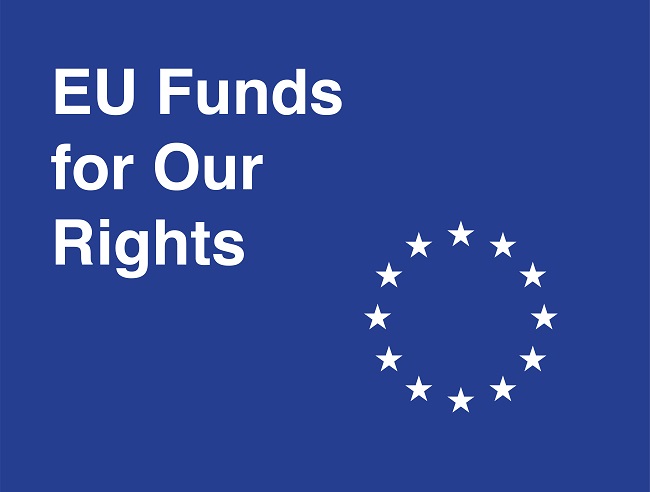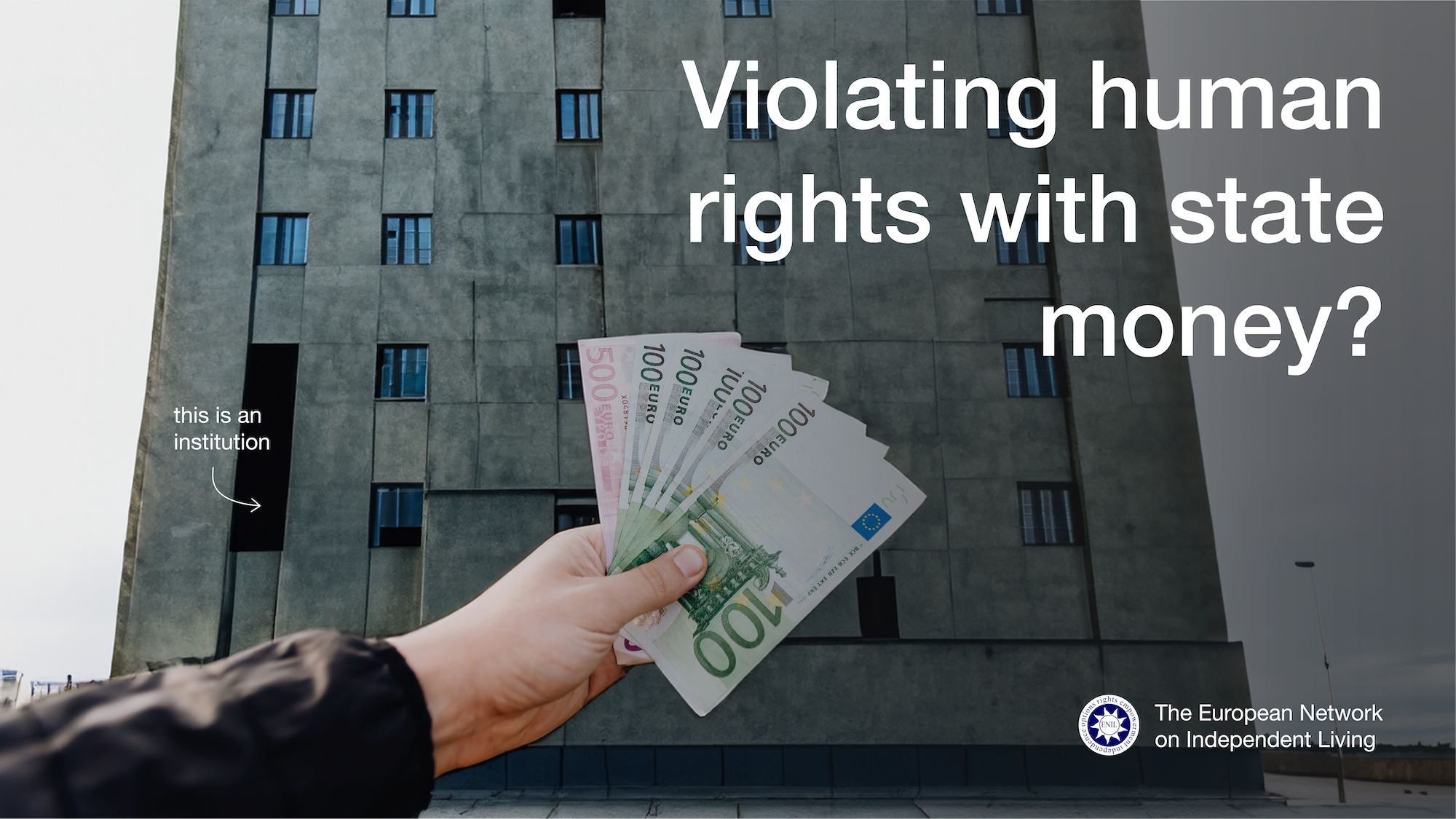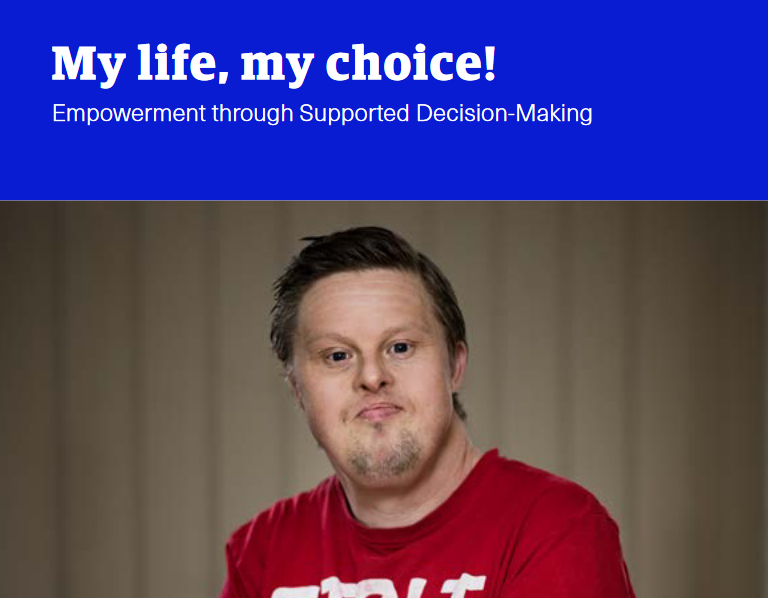In November 2016, the European Network on Independent Living (ENIL) launched a campaign on the use of European Structural and Investment Funds (‘Structural Funds’) in the European Union (EU) Member States. The focus of the EU Funds for Our Rights Campaign is on the role of Structural Funds in supporting the right to live independently and being included in the community, set out in Article 19 of the UN Convention on the Rights of Persons with Disabilities (CRPD) and the General Comment 5. The campaign was launched with the support of the Open Society Foundations – Public Health Initiative, which supported the work on the campaign until 2020. However, ENIL has decided to continue the campaign, focusing on the programming periods 2014 – 2020, and 2021 – 2027.
The objective of the EU Funds for Our Rights Campaign is to encourage Member States to spend Structural Funds designated for deinstitutionalisation, and other relevant priorities, in line with Article 19 CRPD and the General Comment 5. It also aims to ensure that there is a proper monitoring and complaints system in place to prevent Structural Funds from going into services which continue to institutionalise disabled people, including by building small group homes and sheltered workshops.
As part of the Campaign, ENIL supports our members and other local and national organisations advocating for the rights of disabled people and encourages them to report examples where Structural Funds are used to support institutions for disabled people and children with disabilities, and to file complaints. These can be large institutions, or small ones – such as group homes and family-type homes. We also, together, raise awareness about other cases where Structural Funds are being used in violation of the CRPD among the European Commission officials, Members of the European Parliament, the Member States and at the UN.
The key activities undertaken by ENIL during the campaign include:
Providing evidence: We encourage our members and other organisations at local and national level to report when Structural Funds are used in violation of the CRPD and the EU Fundamental Rights Charter. Based on this information, we file complaints to the European Commission, the European Ombudsman or the PETI Committee. We have also taken a case to the General Court in Luxembourg, in one case.
Awareness raising: We raise awareness – through organisation of meetings and events – among the European Commission, the European Parliament, the Member States representatives in Brussels, the UN level, and among all the other relevant stakeholders on the importance of a monitoring and complaints mechanism that is able to ensure full respect of fundamental rights of disabled people.
Practical solutions: Based on the lessons learnt, we provide recommendations on changes needed in plans, policies and legislation to prevent Structural Funds from going into projects that perpetuate the social exclusion of already marginalised groups of people. We also highlight examples of good practice, such as projects where Structural Funds are used to support personal assistance or access to mainstream housing.
Building capacity: We understand that many organisations at local or national level are unable to monitor Structural Funds use because they lack knowledge or capacity. We share our experience of monitoring Structural Funds use through workshops and webinars, in order to improve the capacity of local and national organisations – particularly user-led organisations and self-advocates – to monitor investments in their regions and countries.
Building alliances: We build alliances with organisations monitoring the use of Structural Funds, such as the Validity Foundation, and are supported by the law firm Covington & Burling LLP on a pro bono basis. Once per year, we organise a campaign meeting where we share updates from different countries with all the organisations involved in Structural Funds monitoring, and the EU Funds for Our Rights Campaign.
More information about ENIL’s work on Funding is available under Factsheets.
Contact person: Rita Crespo Fernandez, Human Rights Officer



